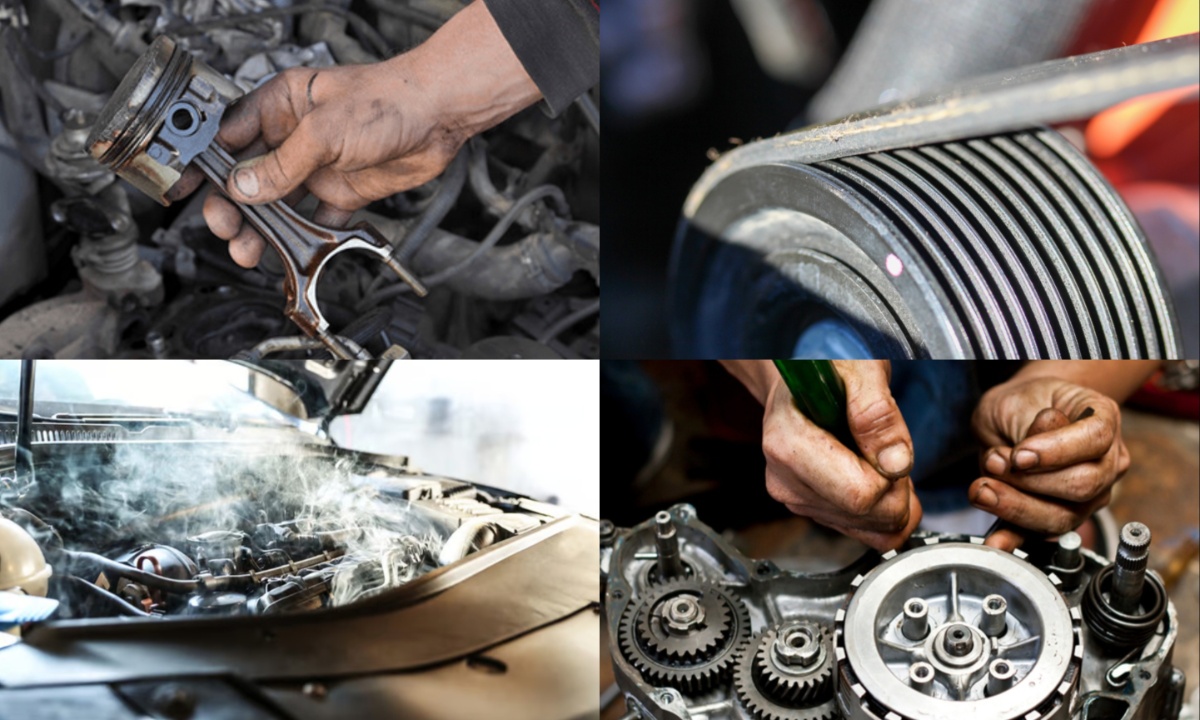When your car starts making strange noises, it’s tempting to ignore them and hope they go away. But those sounds could be early warnings of serious problems. According to automotive experts, odd noises don’t always signal immediate danger—but they’re not to be taken lightly either.
Recognizing and understanding common car sounds can save you from costly repairs and even prevent accidents. This guide explores a range of vehicle noises and what they might indicate about your car’s health.
1. Squeaking: The First Sign of Brake Trouble
Squeaking brakes are often the earliest sign that your braking system needs attention. Over time, brake pads wear down and start to emit a high-pitched squeak, which can escalate to grinding and rumbling if ignored.
Experts caution that brake issues directly affect your safety, so this is one noise you shouldn’t overlook. Allowing brakes to deteriorate can result in more than just expensive repairs—it could compromise your ability to stop safely and quickly in an emergency situation.
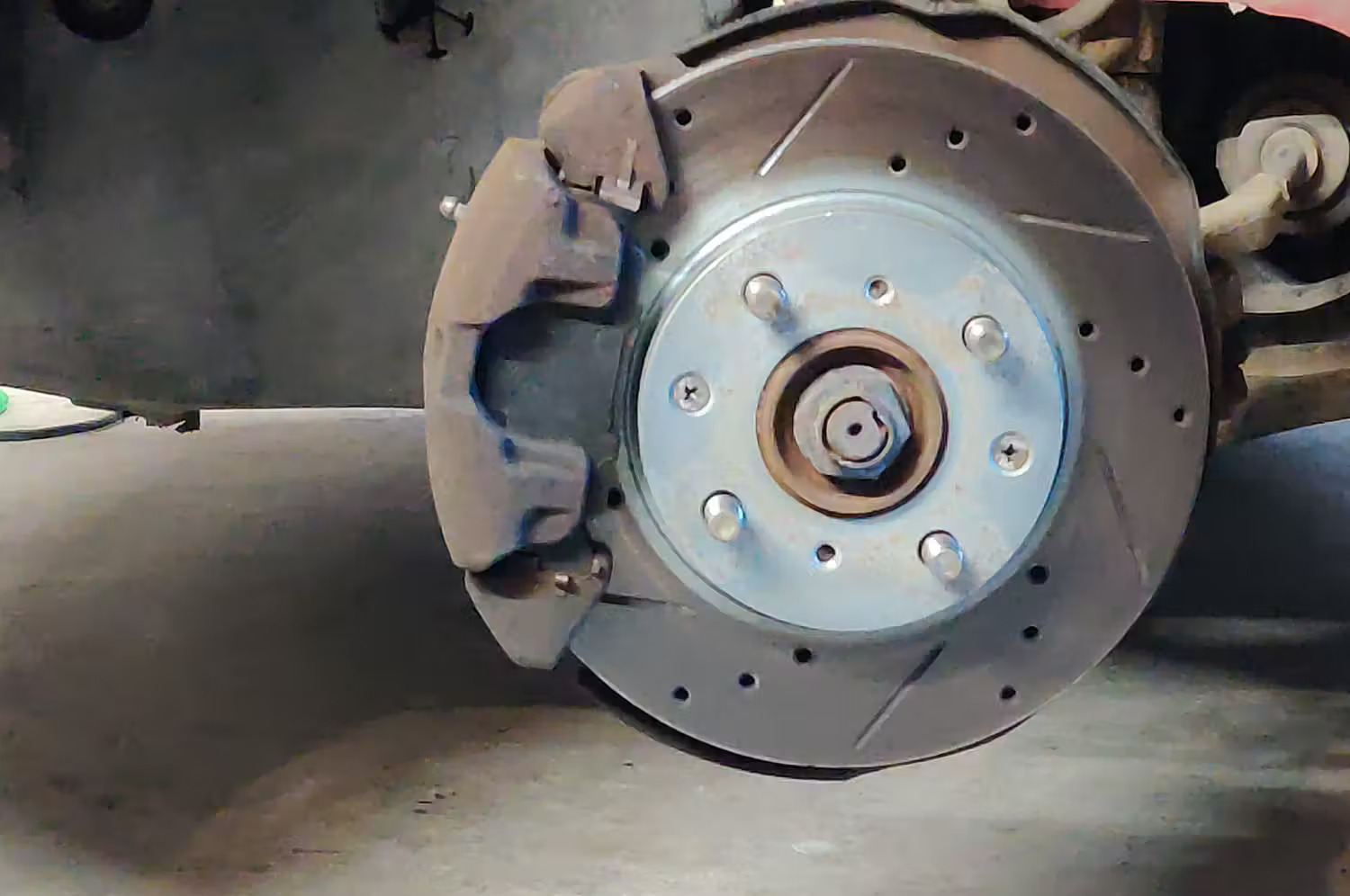
2. Ticking or Tapping: A Cry for Oil
Ticking or tapping noises coming from your engine may suggest that your car is running low on oil. Many modern vehicles have long intervals between oil changes, and some drivers simply forget or delay maintenance.
These sounds are a red flag that lubrication is insufficient, potentially causing engine components to grind against one another. If not addressed promptly, low oil levels can cause severe engine damage, turning a minor issue into a major, and costly, repair.
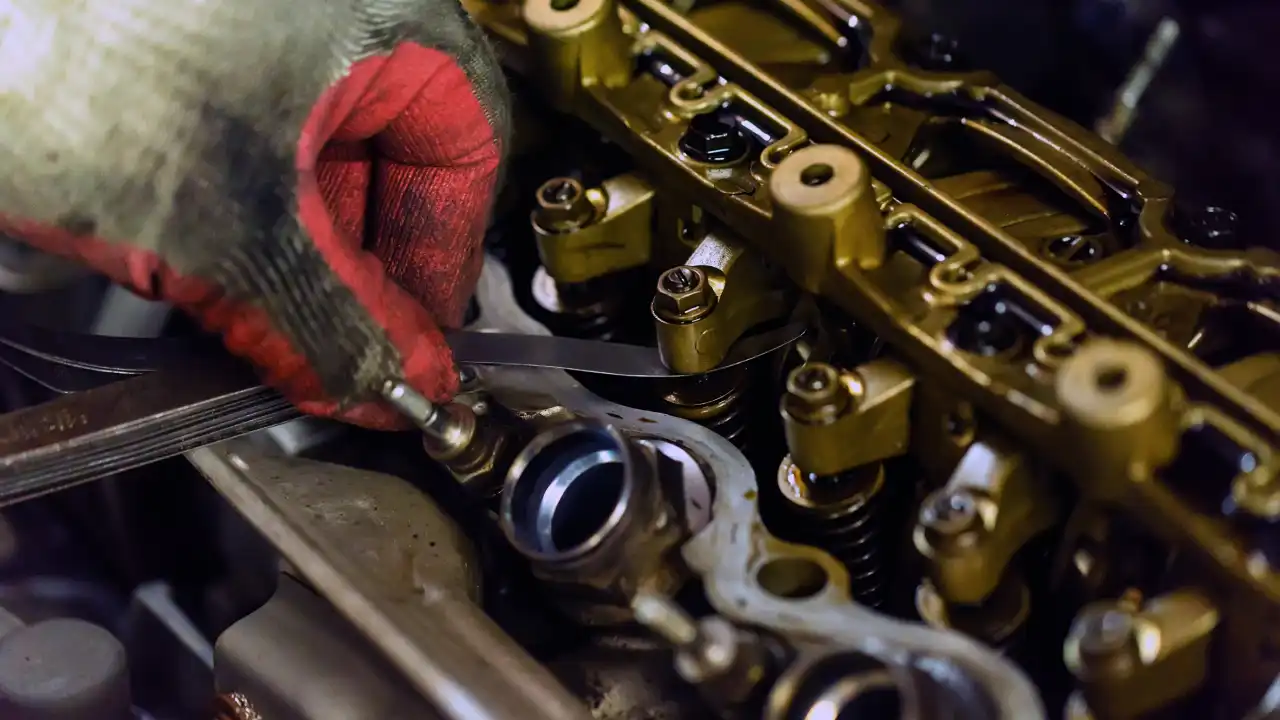
3. Rattling: A Multifaceted Warning
Rattling noises can come from several sources, making them tricky to diagnose. If you drive a front-wheel-drive car, rattling during hard turns might signal rotting joints due to water damage.
Another possibility is a loose heat shield or muffler component. In some cases, the sound can even be brake-related. Mechanics can often identify the issue just by hearing the noise, so getting your car inspected early can prevent further complications or dangerous driving conditions.

4. Booming: A Suspension System in Distress
Hearing a “boom boom boom” sound when you go over bumps is usually linked to suspension issues, such as worn-out struts or shocks. These components are crucial for maintaining control over your vehicle.
If left unchecked, the problem can escalate into something more serious, like a broken ball joint, which can cause you to lose control while driving. Sudden loud booms, in particular, are a clear sign that something has snapped or failed and needs immediate attention.
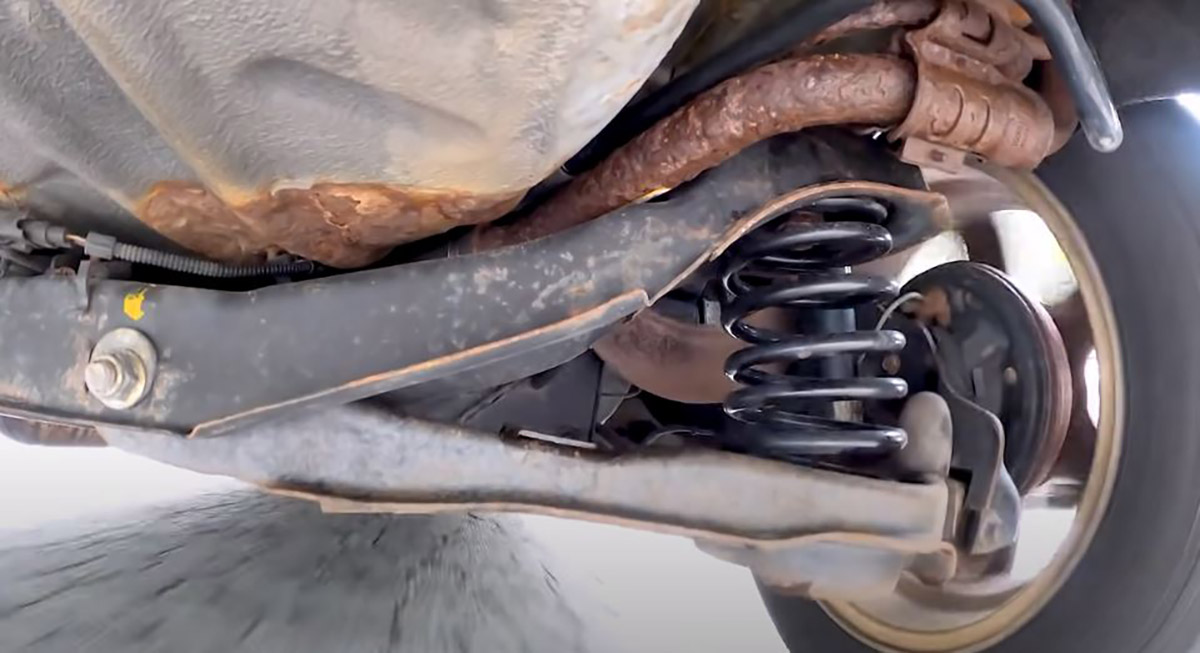
5. Whining: Transmission Trouble Ahead
Whining noises from your car—especially while changing gears or accelerating—can be a red flag for transmission issues. An automatic transmission should shift smoothly and quietly. If you hear whining, clunking, or banging, it may indicate internal damage or low transmission fluid levels.
Transmission repairs can be expensive, so early detection is key. Having your transmission checked promptly can extend its lifespan and help avoid a complete failure, which might leave you stranded or cost thousands in repairs.
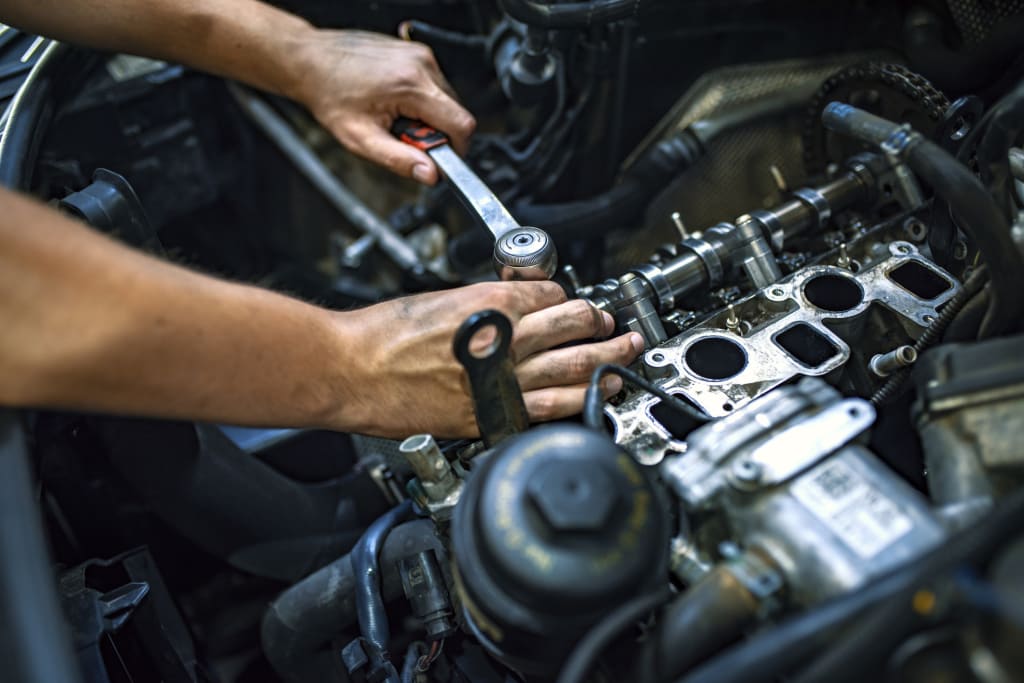
Also Read: 10 Cars From the 1990s That Highlight the Struggles of a Changing Auto Industry
6. Tire Noises: Hidden Alignment Issues
Unusual noises from your tires, like humming or uneven sounds, could be signs of alignment or suspension problems. The tricky part is that these noises often develop gradually, making them easy to miss.
An effective way to catch them is by having someone who doesn’t regularly ride in your car listen during a drive. A fresh ear can catch inconsistencies you’ve become accustomed to, potentially uncovering problems before they worsen and impact your car’s performance or tire life.

7. Hissing: The Sound of a Leak
Hissing or high-pitched squealing near your engine could indicate a hose issue or a vacuum leak. These leaks can disrupt airflow, mess with your fuel efficiency, and affect the engine’s overall performance.
It may also impact systems tied to your dashboard, such as temperature gauges or warning lights. Even a minor hissing sound shouldn’t be ignored, as what starts as a small air or fluid leak can evolve into a bigger mechanical problem if not addressed quickly.
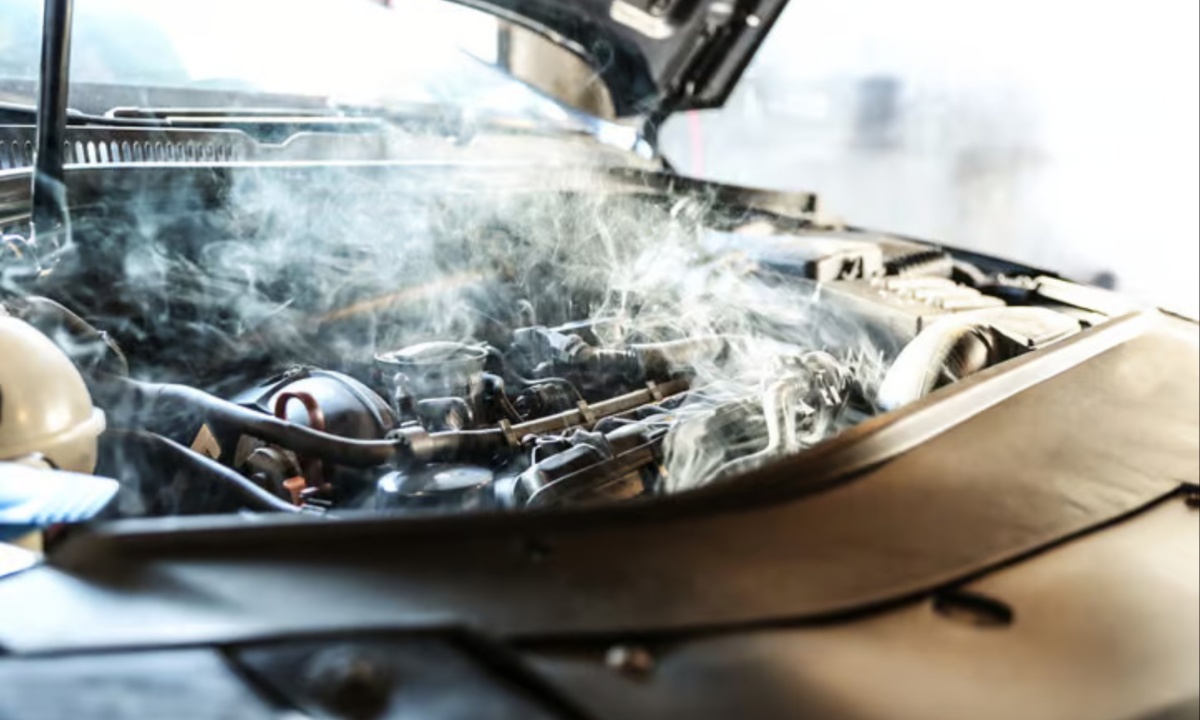
8. Grinding: Metal-on-Metal Damage
Grinding sounds usually mean that metal is rubbing directly against metal—a situation that almost always requires urgent attention. Under the hood, this might point to issues with the water pump, alternator, or the drive belt.
Ignoring this sound can result in catastrophic failure of vital engine components. Unlike some other noises that allow a little leeway, grinding demands immediate professional evaluation. The sooner the source is found and fixed, the better your chances of avoiding major damage.

9. Squealing: Belt Problems Can Leave You Stranded
A sharp squeal, especially during acceleration, often points to a problem with the engine’s belt system. Most modern cars use a single serpentine belt that powers multiple systems.
If this belt is loose, worn, or about to snap, the squealing will serve as an early alert. Because a broken belt can disable your vehicle entirely—stranding you on the side of the road—it’s important to check out this sound promptly and replace the belt before it fails.
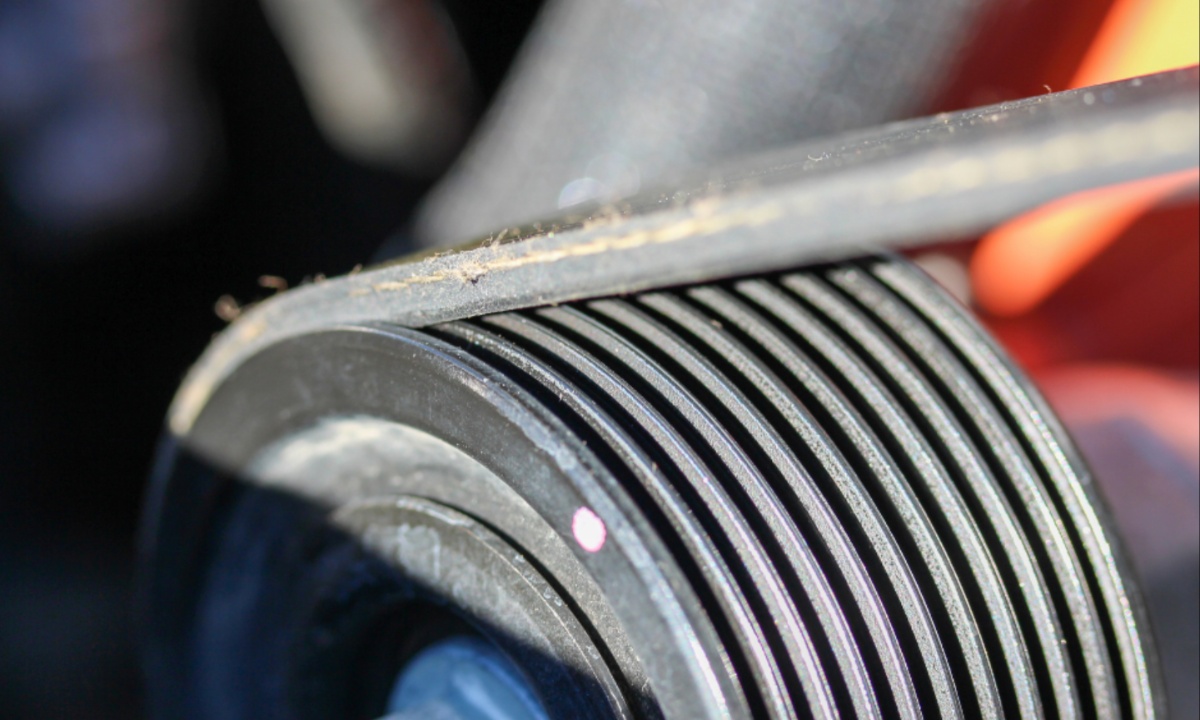
10. Knocking: A Serious Engine Red Flag
A knocking sound coming from the engine can be among the most serious warnings. It might mean low oil levels, but it could also point to deeper mechanical problems like damaged rod bearings.
If untreated, this type of damage could require a full engine replacement. Regular oil checks and tune-ups are the best ways to prevent such costly outcomes. According to experts, consistent maintenance catches small issues before they evolve into wallet-draining disasters.
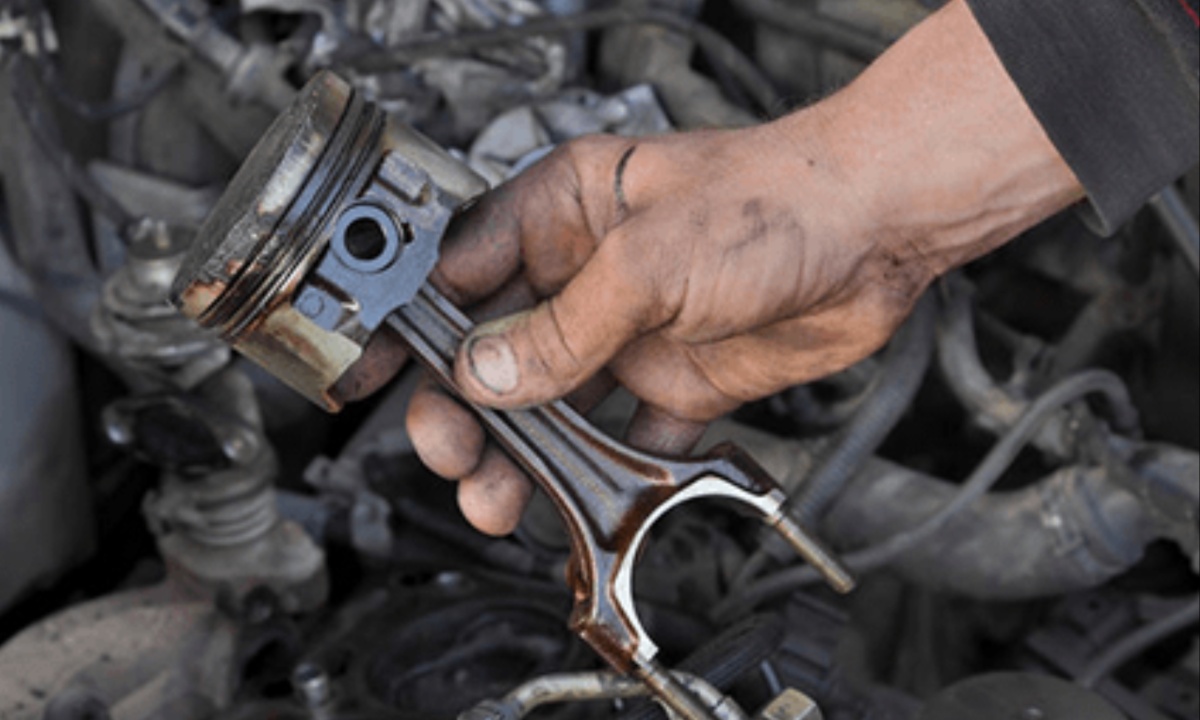
Strange car noises aren’t just annoyances—they’re your vehicle’s way of asking for help. While some sounds are relatively harmless, others signal problems that can quickly escalate into safety hazards or expensive repairs.
The key is not to ignore what your car is trying to tell you. By paying attention to noises, acting quickly, and keeping up with maintenance, you can extend your vehicle’s life, improve performance, and avoid getting stuck with a big repair bill—or worse, a breakdown on the road.
Also Read: 10 Best Practices to Keep Your Engine Running Like New in High-Performance Motorsport Vehicles

